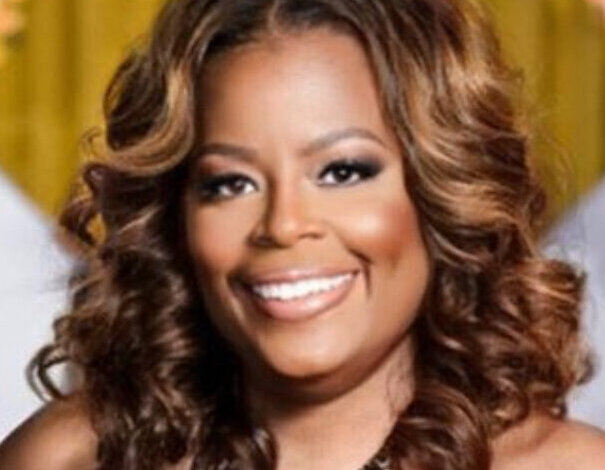Anxiety is a complex and multifaceted emotional state that can affect individuals differently based on various factors, including gender. While anxiety is a common human experience, research suggests that there may be differences in how men and women both experience and express anxiety.
Experience of Anxiety
Women and Anxiety:
- Internalized Experience: Women often report higher levels of internalized or emotional symptoms related to anxiety, such as feelings of worry, fear, and apprehension.
- Rumination: Females tend to engage in more rumination, dwelling on their anxious thoughts and feelings, which can exacerbate their anxiety.
- Social Pressures: Societal expectations and gender roles might contribute to increased anxiety in women, as they may feel pressure to meet certain standards or juggle multiple roles.
Men and Anxiety:
- Externalized Symptoms: Men might express anxiety through more externalized symptoms, such as irritability, anger, or substance use.
- Underreporting: There’s a prevailing notion that men might underreport their anxiety due to social stigmas around discussing emotions or seeking help.
- Performance Anxiety: Men might experience anxiety more prominently in situations related to performance or competence.
Expression of Anxiety
Women and Expression:
- Verbal Expression: Women are often more inclined to openly express their feelings of anxiety verbally, seeking social support or talking about their emotions.
- Seeking Help: They might be more willing to seek professional help or support groups to address their anxiety.
Men and Expression:
- Reserved Communication: Men may be more reserved in expressing their anxious feelings, preferring not to discuss their emotional states openly due to perceived societal expectations of masculinity.
- Self-Reliance: They might rely more on self-reliance or coping mechanisms that don’t involve seeking external help.
Recognizing that these gender-based differences are generalizations and might not apply to every individual is essential. There’s a spectrum of experiences, and societal, cultural, and individual factors play a significant role in shaping how anxiety is experienced and expressed. Addressing these differences is crucial in providing more tailored and effective support for individuals dealing with anxiety, regardless of their gender.
Encouraging open conversations and breaking down the stigmas surrounding mental health can be beneficial in ensuring that both men and women receive the support they need to manage and cope with anxiety in a healthy way.




